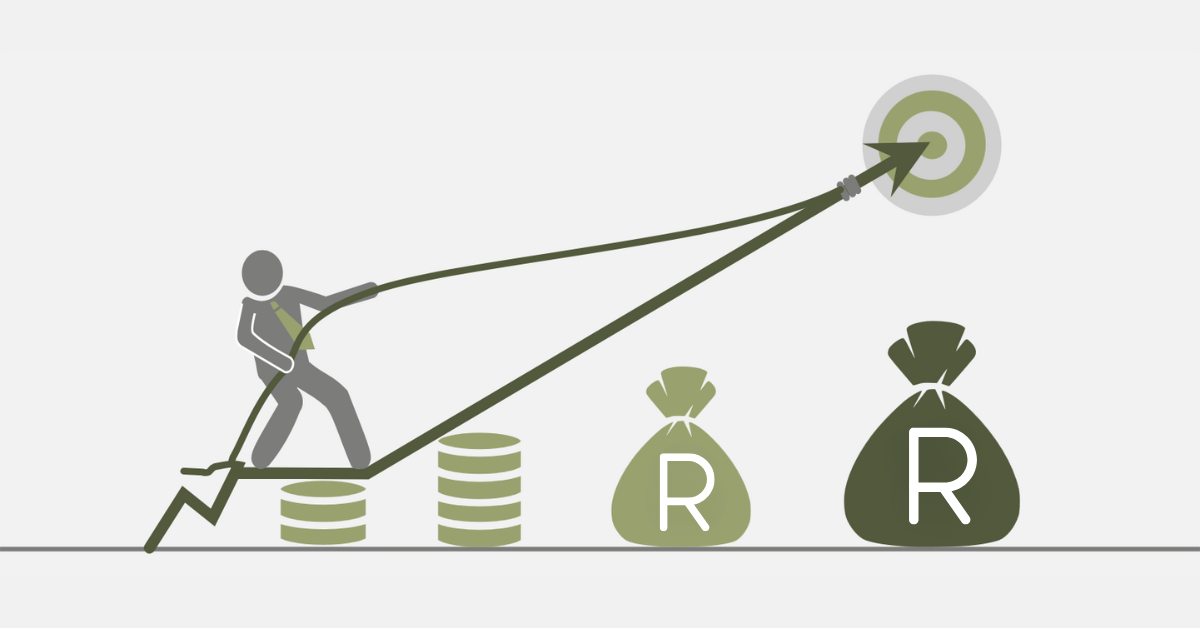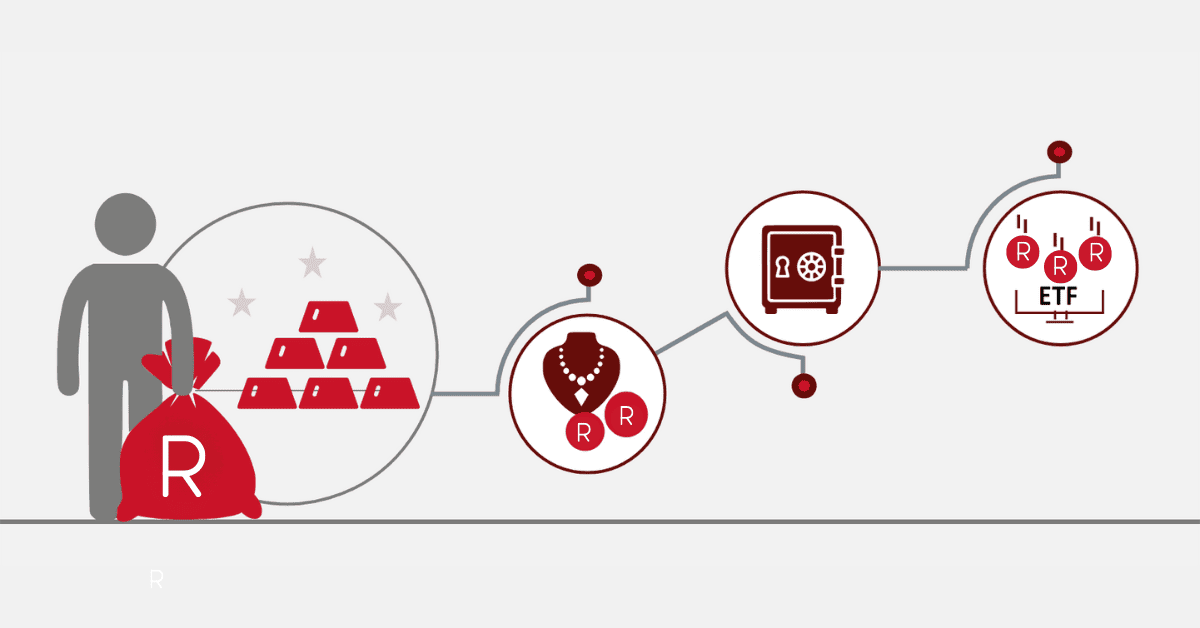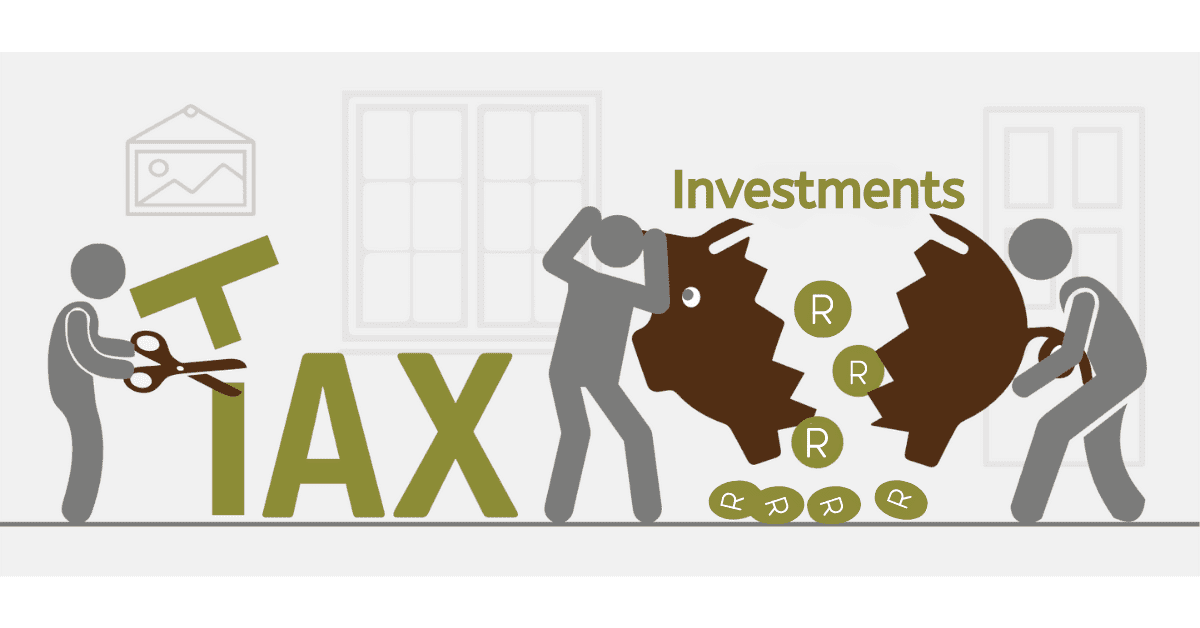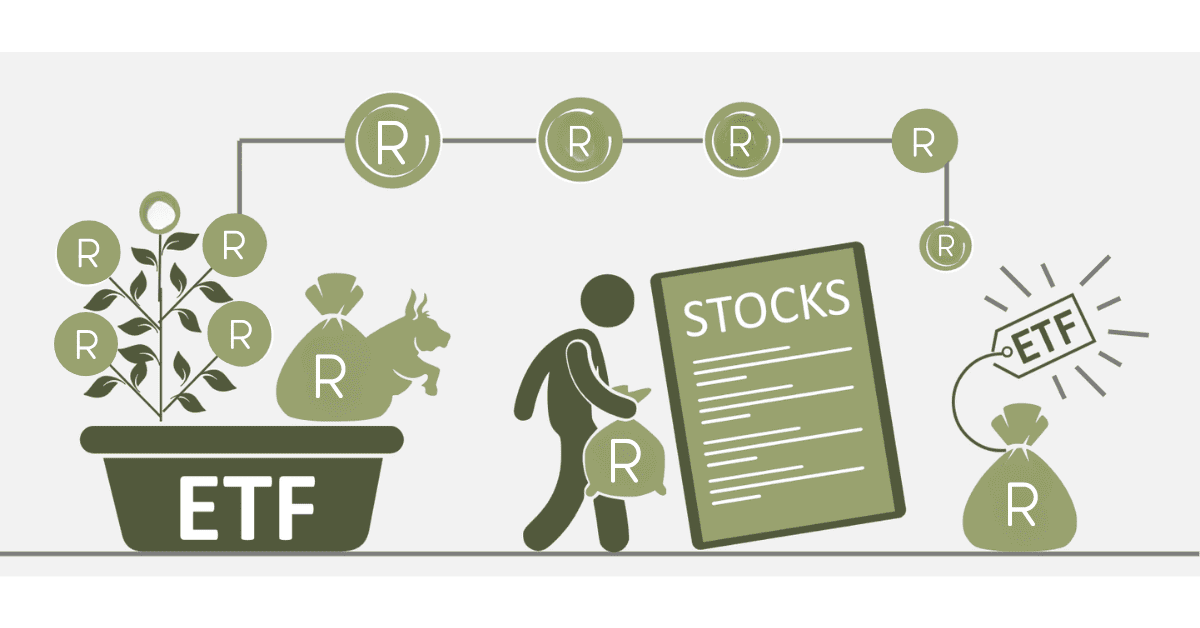Unit trusts have become a sound investment method for several South Africans trying to improve their fortune. Many diversified investment avenues are also professionally managed and accessible, particularly to the inexperienced and the advanced investor. From this point, this article shall discuss unit trust performance in South Africa by detailing unit trusts’ profitability, top performers, returns, and possible drawbacks while giving guidelines on investment horizons.
Can You Make Money from Unit Trusts?
Yes, unit trusts are one of the available options for attempting to increase wealth over time. In short, by pooling their money with that of the other investors, unit trusts allow entry to a portfolio that is professionally managed and comprises equities, bonds, and properties.
The returns would be capital growth, interest, or dividends, depending on its focus. Returns depend on the type of unit trust and how the market will behave at any given time. For example, conventionally, equity-based unit trusts would do better in the long term but typically become unpredictable and volatile in the short term.
Alternatively, income-oriented funds carry stability with them, yet returns are moderate. However, most South African funds related to balanced or growth-oriented unit trusts gave annualized returns of over 15% in conducive conditions. These would be aligning investment goals with the right fund and management fees and appropriately holding your investment to handle market fluctuations.
What Is the Top Performing Unit Trust in South Africa?
This depends on the objective of the fund, as well as its strategy for investment. Over time, some funds emerge that stand out in the market based on their returns.
- Fairtree Select Equity Fund: At a leading three-year annualized return of 21.48%, this fund focuses on equities and can achieve high growth.
- Investec Dynamic Equity Fund: This has been one of the most consistent performers in the peer group and boasts an annualized five-year return of 22.37%.
- Camissa Stable Fund: Being one of the premier performing conserving finds, it returned 26.6% over one year and would be suitable for ultra-conservative investors needing to create stability in returns.
- 36ONE Equity Fund: This is arguably one of the most consistent – best-performing funds, whose return ranges between 17% and 19% over various periods.
What Are the Returns on Unit Trusts in South Africa?
Returns for unit trusts in South Africa can range from conservative single-digit percentages to more aggressive double-digit annualized gains. This, however, depends on the type of fund. For instance,
- Equity Funds: These are funds like Fairtree and Investec Dynamic Equity that offer, by far, greater returns at times above 20% per annum and are suited to long-term growth investors.
- Balanced Funds: These funds typically consist of equities, bonds, and other assets and usually realize returns between 8% and 12%, such as the Allan Gray Balanced Fund.
- Income Funds: These mainly care about stability and income, yielding, on average, 6–10% annual returns.
What Are the Disadvantages of Unit Trusts?
While unit trusts boast many advantages, everything remains perfect, and there are a few drawbacks that its performance will present. Some significant disadvantages include:
- Management Fees: Most Unit trusts charge management and performance fees yearly. Over time, cumulative charges will gnaw their way into your return. The cost comparison among different types of funds is essential to ensure value for your money.
- Market Risk: Since unit trusts are invested in market-linked instruments, such investments become vulnerable to economic and political volatility. Funds heavy with equities can give very wild swings.
- Liquidity risk: Unit trusts are, by nature, liquid investments. However, there is a slight delay in redemption, taking a couple of days. This may be inconvenient for investors in cases that need immediate access to funds.
- Underperformance: Not every fund consistently outperforms the market. More significant funds are especially hurt by an inability to capitalize on smaller, higher-growth opportunities.
How Long Should You Invest in a Unit Trust?
Depending on the composition of the underlying asset, the ideal investment horizon for unit trusts is:
- Equity-Based Funds: Here, the investor is usually long because the return compounded for 5 to 10 years yields better returns. This cycle also helps dampen out volatility in the short run.
- Balanced Funds: These funds create targets in medium to long-term goals and are suitable for 3-7 years to achieve optimal returns.
- Income Funds: A fund investing primarily for regular income. Suitable for shorter-term goals, but the capital growth is generally lower.
The longer the period of investment, the higher the probability of reaping better returns, as the fund can fight and recover from market downturns. Again, periodic reassessment is vital to check whether your investment is moving in the right direction to accomplish your financial goals.
Final Thoughts
Unit trusts represent a desirable investment for South Africans, offering a solid case based on access to these pools of diversification through professional management. Whereas some funds, such as Fairtree Select Equity and Investec Dynamic Equity, are already performing unreal, the proper fit for your portfolio must be selected depending on your financial goals and risk appetite. Consider any fund’s performance, fees, and strategy carefully before investing in one while trying to adopt a long-term approach. If approached correctly, unit trusts could make a welcome addition to reaching those goals.














